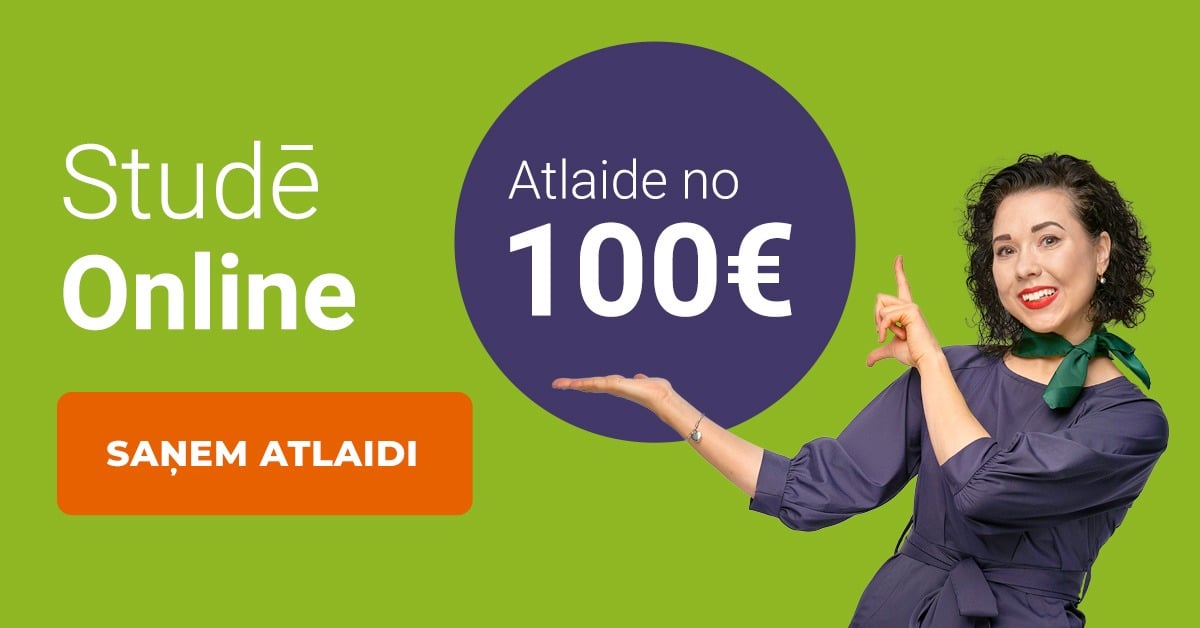What is ERASMUS+

Erasmus+ is the new European Union’s program to support education, training, youth, and sport in Europe, which was started in January 2014. This program provides opportunities for a wide range of organizations, including universities, education and training providers, think-tanks, research organizations, and private businesses.
The aim of Erasmus+ is to contribute to the Europe 2020 strategy for growth, jobs, social equity, and inclusion, as well as the aims of ET 2020, the EU’s strategic framework for education and training. Erasmus+ also aims to promote the sustainable development of its partners in the field of higher education, and contribute to achieving the objectives of the EU Youth Strategy.
The aims of the Erasmus+ program in the field of education and training are: to enhance and support development of all levels of education and training; to strengthen the links among formal, informal and non-formal education and learning; to enhance cooperation between education and labor market; to create added values for European education and a European dimension in education; to support cooperation among participating countries in defining education policies.
Erasmus+ program also focuses on strengthening the potential of youth for active participation in civil society, as well as the development of solidarity and understanding among cultures. This program also supports cooperation and networking among sports organizations.
The Erasmus+ program differentiates between Program and Partner Countries, as regards possible modalities of participation of their institutions. Program countries are European Union countries, Macedonia, Island, Lichtenstein, Norway, and Turkey.



